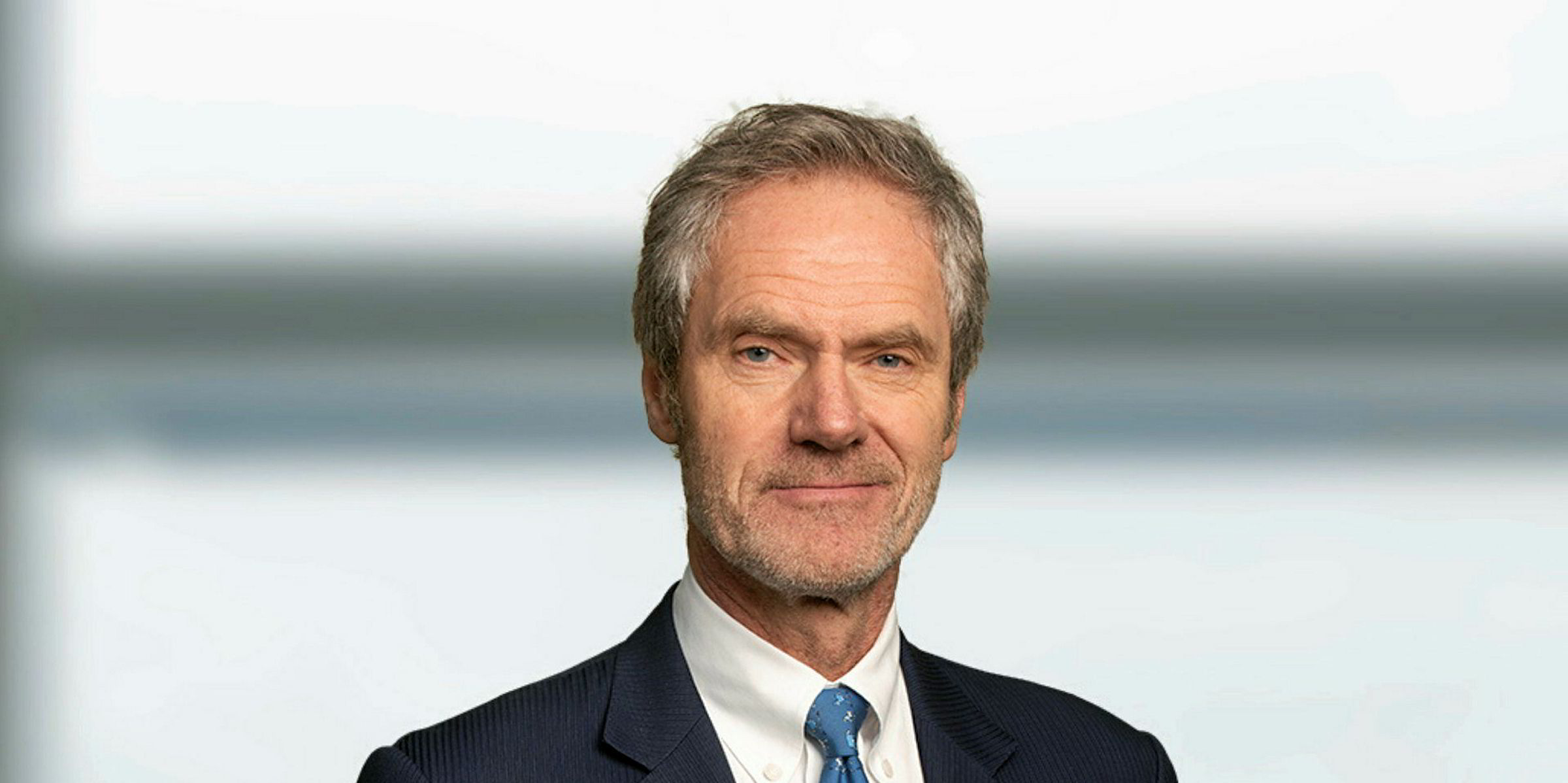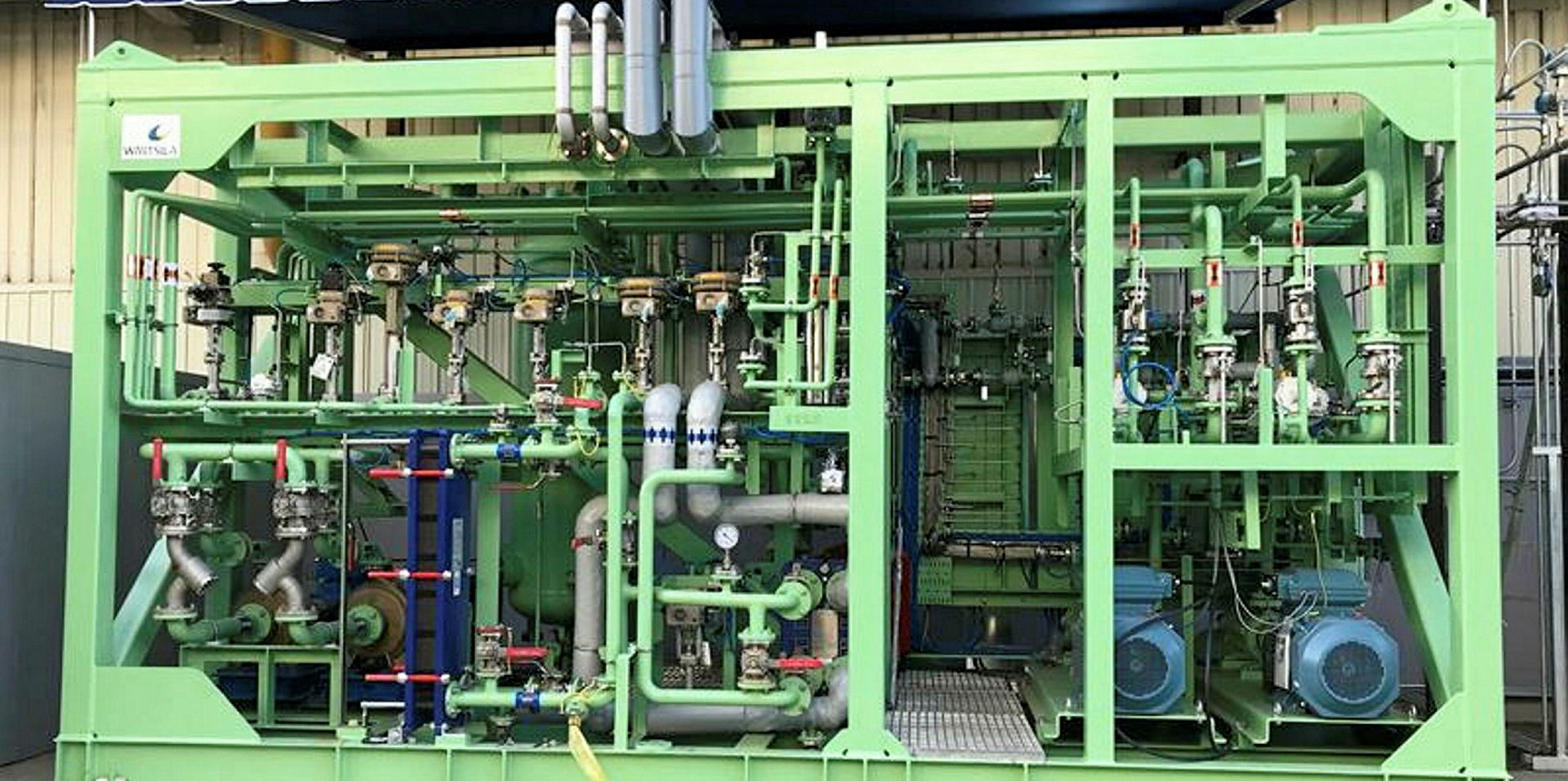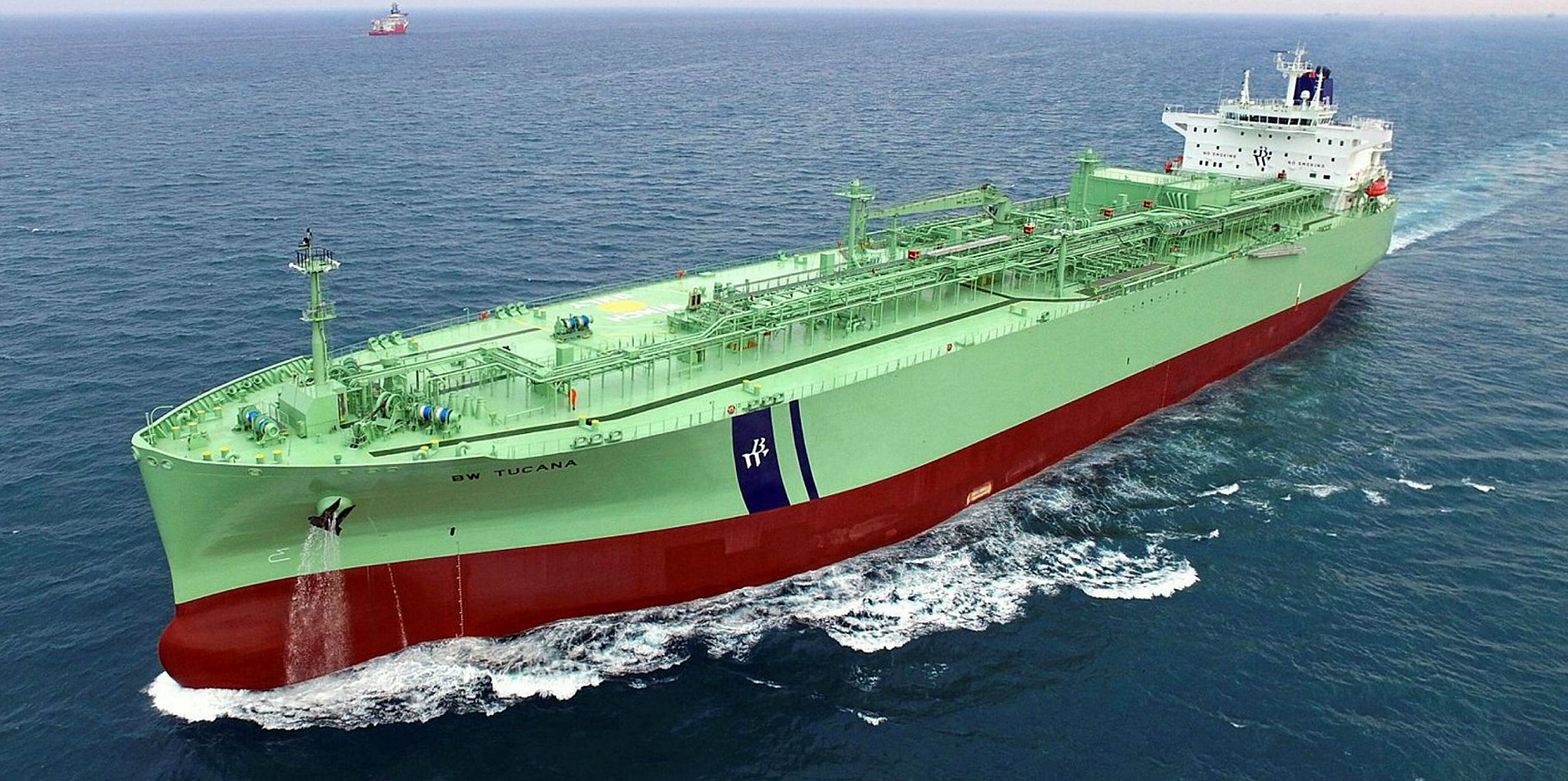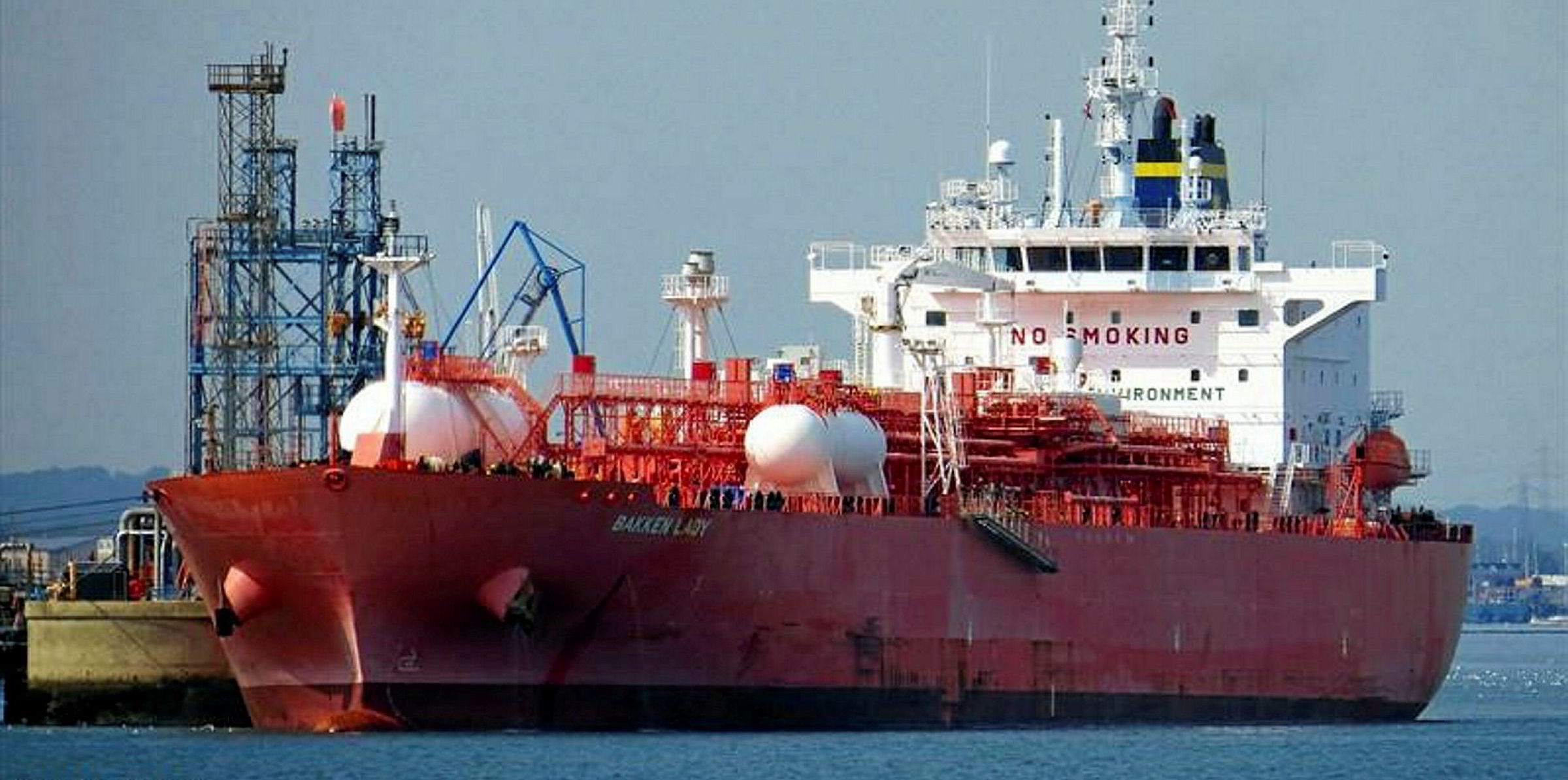BW LPG saw its share price surge on Friday after the world's largest VLGC owner announced a dividend on the back of strong quarterly results and further retrofit projects for dual-fuel vessels.
The company declared a cash dividend of $0.42 per share for the fourth quarter, amounting to a total payout of $52m.
Following the dividend news, BW LPG’s share price increased by more than 10% on the Oslo Stock Exchange despite a fall in the exchange's all-share index.
The company has a policy of distributing 50% of its after-tax net profits to shareholders, after adjusting for extraordinary items and taking into account its leverage level.
With strong spot rates and higher fleet utilisation, BW LPG booked a fourth quarter net profit of $154m versus $34.2m a year earlier.
Quarterly fleetwide VLGC earnings averaged $50,600 per day, with spot earnings of $56,000 per day lifting revenue to $261m. Revenue amounted to just $154m in the same period of 2018, with average fleet-wide earnings of $21,300 per day.
The latest quarterly results included a $38m reversal of vessel impairments on rising fleet valuation and a $5.2m gain from vessel sales.
Positive reaction
Analysts generally reckoned BW LPG’s latest quarterly results were solid and met market expectation.
“BW LPG delivers strong chartering performance,” Fearnley Securities said.
Looking ahead, BW LPG said it continue to have a positive freight outlook, supported by sustained US LPG exports despite a high number of newbuilding deliveries in the first half of the year.
"So far, in the first quarter of 2020, we have seen limited impact from the Covid-19 outbreak on LPG freight rates," it said in a quarterly report.
"However, the unpredictable development of this outbreak has increased uncertainty with potential near-term impact on LPG imports into China and longer-term impact on LPG production following the decline in oil and gas prices."
Firm outlook for the longer term
Interim chief executive Anders Onarheim told TradeWinds: "We're all sort of waiting to see...how we managed to contain this [coronavirus] situation, but there will be some effects."
Despite lower Chinese imports, Onarheim said LPG demand from India and other parts of Asia are holding well, though.
"The market is not coming to a halt...demand is still quite good out there," he added.
BW LPG said it expects the scheduled terminal expansions by Enterprise and Targa in the latter half of 2020, combined with an increasingly likely easing of the US-China trade war, to support strong US export growth.
However, it said it saw little potential for growth in Middle Eastern exports this year due to the uncertainties on whether the production cuts of Opec and its allies will be extended, and heightened political tensions in the region.
For the longer term, BW LPG maintained its view that sustained US LPG production growth and no further newbuildings were "key to a balanced VLGC market".
More retrofits
Separately, the company announced it plans to retrofit another four VLGCs with dual-fuel LPG propulsion engines, taking the total tally of ships to undergo the conversion to 12.
Four of those ships will be delivered by the end of this year, while the rest are due for the first half of 2021. MAN B&W is the engine provider for all of them.
BW LPG confirmed to TradeWinds earlier this month that the retrofits are going-ahead in China despite the coronavirus outbreak, with work due to be carried out at Yiu Lian Dockyards (Shekou).
“We invest significant resources and expertise to pioneer technology that can be used to push our industry towards decarbonisation without the need for dedicated newbuilding orders,” Onarheim said.
The company is spending $8m to $9m per ship in the retrofits and expects the payback period to be somewhere between three to five years. This is based on the assumption that the discount of LPG fuel price to very low sulphur fuel oil will be more than $200 per tonne.
As the first listed LPG shipping firm to book dual-fuel ships, BW LPG "needs to be at the forefront of new technology and to have the competence" to operate them, according to Onarheim.
"We are very happy to be the first mover," Onarheim said.







